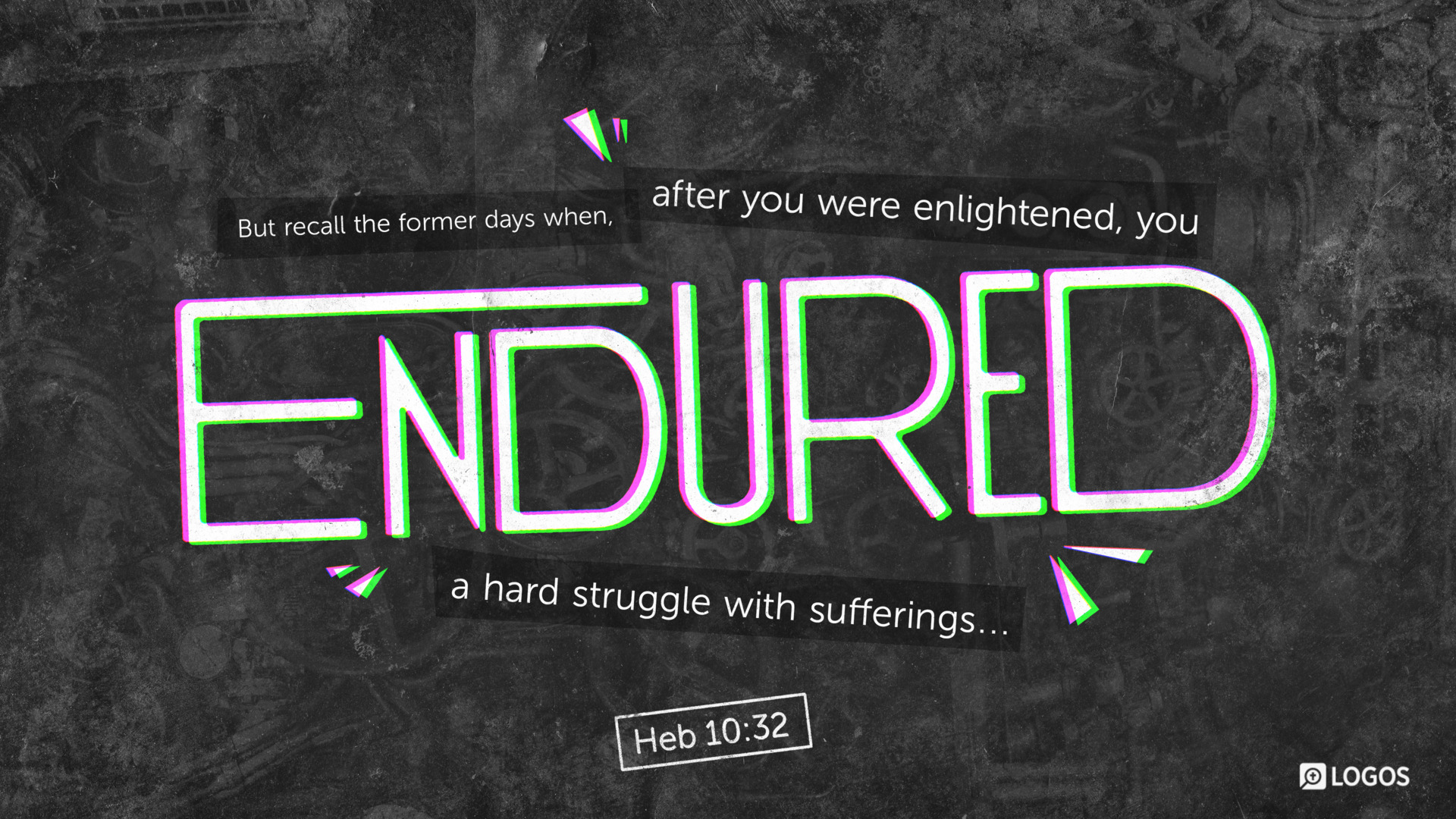Chaplain
Member
Quote of the day:
Today's blog is on Acts 17 (Paul in Thessalonica, Berea, and Athens) verses 22-29: Gods work through Paul in Athens to convict the Stoics and Epicureans of their compromise (part 2).
Samples from the study:
Other things discussed in greater detail...
New sermons (right click/save as):
8/18/15 - James 3:17-18
8/19/15 - Proverbs 10-11
8/19/15 - Isaiah 34-37
8/19/15 - The Watchman (Ezekiel 33:1-11)
Resources to help us answer tricky questions:
Article: Os Guinness: Why Balaam's Ass Is the Patron Saint of Apologetics and Christians Need to Recover the Art of Persuasion
Article/audio: If God exists, then why doesn't He just stop evil?
Article: Truth, Faith and Hope in Life of Pi A Philosophical Review
Article: Professor Antony Flew reviews The God Delusion
"The deep logic of God's truth can be expressed in both stories and arguments, by questions as well as statements, through reason and the imagination, through the four Gospels as well as through the book of Romans. This is one reason why C. S. Lewis has had such an enduring appeal. At times he was coolly rational, as in Mere Christianity, while at other times he engaged the imagination brilliantly, as in The Screwtape Letters or the Chronicles of Narnia. There is a time for stories, and there is a time for rational arguments, and the skill we need lies in knowing which to use, and when." (Guinness)
Today's blog is on Acts 17 (Paul in Thessalonica, Berea, and Athens) verses 22-29: Gods work through Paul in Athens to convict the Stoics and Epicureans of their compromise (part 2).
Samples from the study:
In explaining God to them, Paul started at the beginning: God is the Creator, and we are His creatures. This view of the world is very different from either the Epicurean emphasis on a chance combination of atoms or the virtual pantheism of the Stoics. (Stott)
"God is our Creator. `The Unknown God is the God Who made everything,' Paul declared. `He's too big for any singular temple or any carved altar no matter how beautiful or impressive it might appear.' In Exodus 20, the Lord said, `An altar of earth thou shalt make unto Me. And if thou make an altar of stone, thou shalt not build it of hewn stone, for if thou lift up thy tool upon it, thou hast polluted it,'' (Exodus 20:24-25). In other words, the Lord said, `If you build Me an altar, make it very simple preferably of dirt. If you use rock, don't carve or polish it. Keep it simple so that the attention of the people will remain focused upon Me instead of on the altar.' This gives me great hope because, although I want my life to be used by the Lord, I am increasingly aware of my plainness, my earthiness. I'm not very polished. I don't know if I'm `cut out' to do great things for God. Yet, according to Exodus 20, these very doubts make me eminently qualified! Paul said, `We have this treasure [Jesus Christ] in earthen vessels,' (II Corinthians 4:7). We're not fancy vases. We're just plain canning jars, boasting not of our exterior but of Whom we have within. If you don't feel capable to share, witness, teach, or minister, you are an ideal candidate because God will get the glory, not you." (Courson)
"God made us to be spiritual beings. God made us to live after the Spirit and be ruled by the Spirit. But man fell from that and man followed after the flesh and was ruled by his flesh. And being a body-conscious being, he became as the animal, which is a body-conscious being, and so man looked around for identity and he says, "Oh, there goes my uncle, swinging from that tree!" Because all he thinks about is eating and existing. He has a body-conscious life. And all I need is a place to live and something to eat, you know. And so this body-conscious life, and thus, I relate to the animals. That's wrong. We are God's offspring. And I can never have a satisfactory relationship with the animal kingdom. I must relate to God to find myself. I will never find myself in the animal kingdom. I will only find myself as I am relating again to God. Now, I was created in the image of God. I fell from that image of God, but Jesus came in order that He might restore me into the image of God as I yield my life to Him. "So beloved, now are we the sons of God. It doesn't yet appear what we're going to be: but we know when he appears, we're going to be like him" (I John 3:2). For He is restoring us into that image. "For we with open face are beholding the glory of the Lord and we are being changed from glory to glory into the same image" (II Corinthians 3:18), because the Spirit of God is conforming me into the image of Christ. And thus, through the work of God's Spirit, that which man lost through the fall is being restored to Jesus Christ as man is being restored back into the image of God." (Smith)
Other things discussed in greater detail...
Paul begins to speak on Mars Hill - the religious center of Athens.
Paul uses the idol of the Unknown god to begin his sermon to the Athenian philosophers.
Paul tells the Athenian philosophers about the greatness and goodness of God.
Paul tells the Athenian philosophers about the government of God.
Paul tells the Athenian philosophers about the glory of God.
Paul tells the Athenian philosophers about the grace of God.
New sermons (right click/save as):
8/18/15 - James 3:17-18
8/19/15 - Proverbs 10-11
8/19/15 - Isaiah 34-37
8/19/15 - The Watchman (Ezekiel 33:1-11)
Resources to help us answer tricky questions:
Article: Os Guinness: Why Balaam's Ass Is the Patron Saint of Apologetics and Christians Need to Recover the Art of Persuasion
"The patron saint of apologetics is Balaam's ass. The Lord used a dumb donkey to speak when the prophet was resistant to it. You can see there something that's very humble, somewhat ridiculous, and the Lord is able to use him. Many of us don't have the answers to all the questions but are we prepared to be used by the Lord. That is the key."
Article/audio: If God exists, then why doesn't He just stop evil?
If God is so powerful, why doesn't he stop evil and get rid of it once and for all? on the one hand we say I want to do it my way I don't want limits on my freedom. But on the other hand, this question asks that limits be imposed on human freedom. There's a mismatch . Do we want limits or do we want God to intervene and stop some stuff? It is allowing God to intervene in our heart that brings about the greatest level of freedom it is possible to have both.
Article: Truth, Faith and Hope in Life of Pi A Philosophical Review
The Life of Pi as both a novel and a recent Oscar winning 3D film opens up the fascinating dialogue between the worldviews of Secular Humanists, Hindus and Christians. This article compares and contrasts how these three worldviews deal with the inter-related concepts of truth, faith and hope.
Article: Professor Antony Flew reviews The God Delusion
On 1st November 2007, Professor Antony Flews book There is a God: How the World's Most Notorious Atheist Changed his Mind was published by HarperOne. Professor Flew, who died in April 2010, has been called the world's most influential philosophical atheist, as well as one of the most renowned atheists of the 20th Century (see Peter S. Williams bethinking.org article A change of mind for Antony Flew). In There is a God, Professor Flew recounts how he came to believe in a Creator God as a result of the scientific evidence and philosophical argument.




